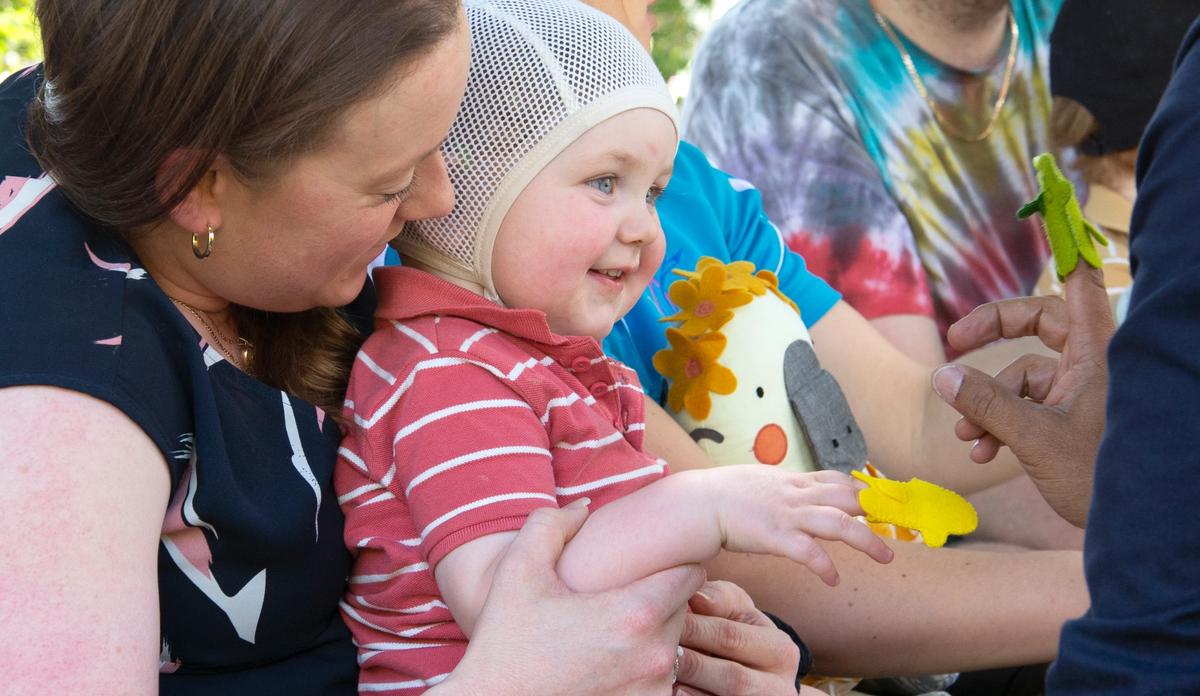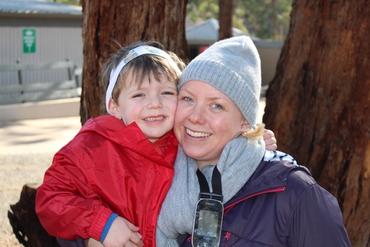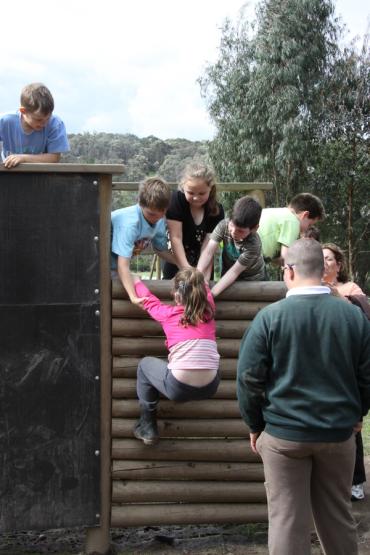Family- Centered Care and Early Intervention.
Making services more family- centered could help families enrol in early intervention more quickly.

What was this paper about?
This Australian study looked at the support given to families in the critical period between diagnosis of hearing loss and enrolment in early intervention. In this period, families have a short time to make important decisions, and information and support are vital.
The services families used during this transition period followed many of the principles of family-centered care, including timely access to early intervention services and provision of emotional and social support.
What were the key findings?
- Services in the transition period before early intervention were family centered in some ways, but could improve and become more consistent.
- More work is needed in applying other principles, including strengthening family/ professional partnerships, shared decision-making processes, collaborative teamwork and program monitoring.
- The study identified some differences in perspectives between families and professionals regarding the support given, indicating health professionals need better training.
- Making services accessed in the transition period more family- centered may help families make better-informed decisions and enrol their child in early intervention programs more quickly. This could make a significant difference to a child's language outcomes.



